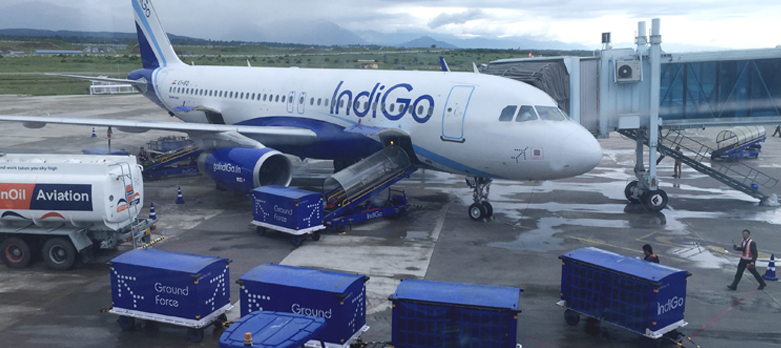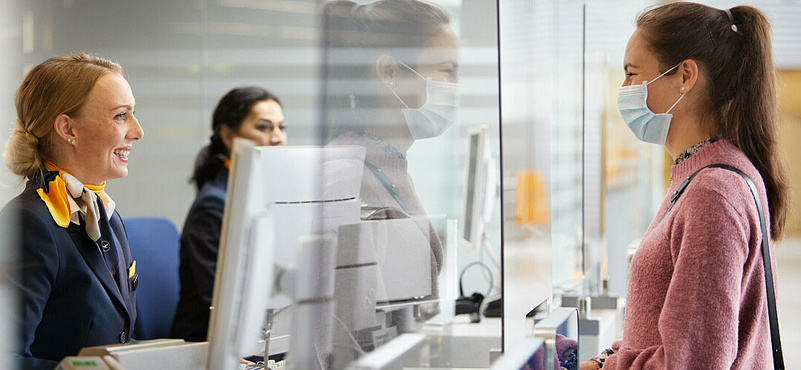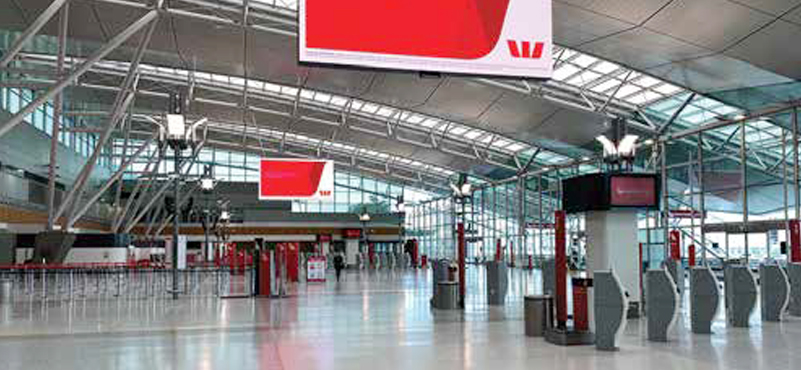Of late, we have been hearing a clamour for free wifi and for cities to become wifi connected. Either specific areas or entire cities, the race is towards getting and ensuring free connectivity. And along with it, a demand for increasing bandwidth and speed for downloading is gaining momentum. These may appear populist measures but surely these also go beyond mere rhetoric, as they are meant to improve the productivity of its people. Faster and surer connectivity means better output at work, naturally. It is therefore not a surprise that countries that are tech-savvy are also economic warhorses and making waves around the world. South Korea not surprisingly has the fastest speeds to offer.
There is also the logic that much of this happens not for free. Countries are powered by large multinationals keen to build volumes. Only the first twenty or so minutes are for free and subsequent usage is paid for. Ultimately, this is good business for those in business. And why not? This is a win-win situation and is transparently followed the world over. Right now, we have free wifi zones in many of our cities, mostly in the central business districts, as they are the hotbed for work freaks who open their smartphones and reply instantly to messages, or download data that is then shared with their office back home or among colleagues in a coffee shop.
This is connectivity on the ground, for improving efficiency and improving the economy, or the capacity of the economy to grow. The same is true of connectivity in the air, and the principle is much the same. We need open skies for domestic connectivity, we need to remove all possible hurdles in providing connectivity across the country. We need to create a sustainable environment where airlines can grow meaningful and healthily, without the fear of falling sick. Airlines need to grow responsibly to their balance sheets, their shareholders and to the consuming public.
While every means of transport is equally important, air transport is especially important given the size of our country, and some of it spanning difficult terrain. Getting there becomes impossible – resulting in waste of time, and creating uncertainty in reaching destinations on time. Air transport can become a reliable and efficient mode of getting there. It also needs to be efficient and cost effective. Unfortunately, even after years of liberalisation of air transport, we have not really arrived yet – we are still dangling in mid-air, waiting for some miracle to happen.
It has been an unhealthy sector and viability has always been suspect. Remember the first days of privatisation – almost all except one, that is Jet Airways, have closed shop or sold out and then got closed. Some of them have been irresponsible and landed giving the sector a bad name. Others have just caved in to the pressure of remaining viable, given the stiff and many unreasonable costs in operation. The problem has been simple – the sector has not grown holistically – each of its verticals has grown in utter disregard to the viability of the other. Airports have added costs not factoring adequately how airlines will pay their costs. Airlines have charged less to attract railway users not factoring their bottom line. Over and above, government policies have often changed, danced to individual tunes and others had to pay the price. Professionalism has often taken a back seat. Overall clarity of policy and indifferent understanding of the value of air transport to the overall economy has tended to give it an elitist colouring – gone are the days when only the rich travelled by air.
What we need is an understanding as vital as that of providing free wifi. We need to make air transport cheap, so that more and more people can fly, and do business and grow the economy. We therefore need policies in place that will allow airlines to fly responsibly and also ensure affordability. We need new city pairs, which means new connections that link cities, not just metro cities but also tier 2 and tier 3 cities. These are where the action is, and many of them remain unconnected. In fact air connectivity will propel their growth. This can best be done by allowing the sector to grow, healthy and responsibly. One that is equally safe and secure. We need more airlines and more aircrafts up in the air. These need to be sustainable and for this we need an overall framework of policy that is openly courting growth. And the sooner the better!




































